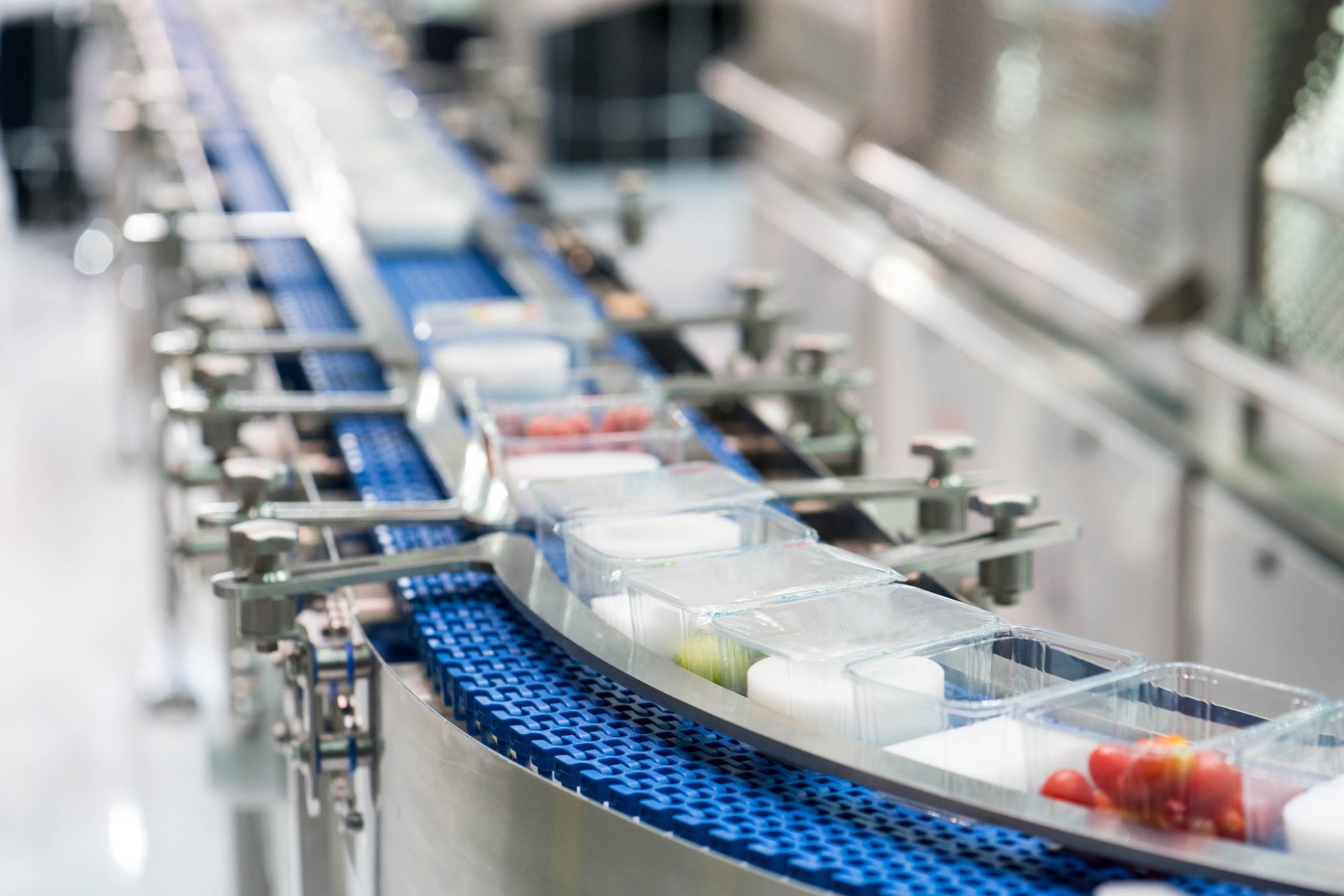Conveyor Chain Maintenance:Mitigating Wear and Extending lifespan

Chain conveyor systems are instrumental in enhancing efficiency and productivity within production facilities, provided they remain operational. Downtime for such systems can be financially burdensome and disrupt crucial operations. Therefore, ensuring proper maintenance of conveyor chains is essential to sustain the longevity and effectiveness of this critical equipment.
Several factors influence the lifespan of a conveyor chain:
Load Bearing Capacity: The weight borne by the conveyor impacts its longevity.
Operational Environment: Extreme temperatures or exposure to corrosive substances can shorten the chain's lifespan.
Maintenance Regimen: Regular maintenance and care play a pivotal role in extending the life of conveyor chains.
To address load-bearing concerns and environmental challenges, facilities managers can select conveyor chains suitable for their intended loads and operating environments. Moreover, steps can be taken to minimize exposure to corrosive substances and extreme temperatures, thus mitigating environmental impacts on the chain.
Wear Mechanisms: Wear is a primary threat to conveyor chain longevity and typically occurs through three main mechanisms:
Pin and Bushing Contact: Wear is induced by contact between the pin and bushing during sprocket engagement.
Roller and Bushing Contact: Wear occurs due to contact between the rollers and bushing.
Chain and Side Plate Interaction: Wear may result from the chain contacting guide rails.
Over time, wear can cause chain elongation, with experts recommending replacement at 1.5 to 2 percent elongation to prevent damage to sprockets or operational malfunctions.
Lubrication Importance:Proper lubrication is vital to reducing wear and extending conveyor chain lifespan. Lubrication forms a protective film on the chain and associated components, minimizing metal-to-metal contact and reducing friction and wear. Additionally, lubrication aids in corrosion resistance and diminishes operational noise.
Effective lubrication application involves ensuring coverage between inner and outer plates and between inner plates and rollers. This ensures that lubricant reaches bearing surfaces, offering adequate protection against friction and wear. While most conveyor chains are pre-lubricated upon purchase, environments posing fire or explosion risks may necessitate alternative maintenance approaches, such as regular chain cleaning.
Maintenance Schedule:Establishing a comprehensive maintenance schedule is crucial for preserving conveyor system integrity. The following outlines a basic maintenance regimen:
Daily Maintenance:
Inspect conveyor chains for debris accumulation and signs of wear.
Check drivetrain tensioners and lubricate drive sprockets as needed.
Weekly Maintenance:
Clean and inspect chains to remove dirt and debris.
Lubricate chains, sprockets, and components.
Monthly Maintenance:
Lubricate conveyor components with light-grade oil.
Clean side guards and covers to remove debris.
Inspect cooling components for optimal performance.
Quarterly Maintenance:
Conduct thorough chain inspections for elongation and wear.
Check sprockets for wear and replace if necessary.
If automated lubrication systems are in place, clean the sump and replace oil and filters quarterly.
Additionally, ensure all authorized personnel are adequately trained in maintenance procedures and emphasize the importance of accurate record-keeping. Internal audits of maintenance logs can help identify any issues or trends requiring attention.
Lastly, consulting the conveyor system manual provides valuable insights into required maintenance tasks and schedules. Manufacturers often outline specific maintenance requirements to maximize system longevity and performance.
GIDI CHAIN LIMITED supply lots of roller chain, conveyor chain, Leaf Chain, welded chain, forged chain, Palm Oil Mill Chain, Hoisting Chain,Mine and Metallurgy Chain, etc. totaling over 3000 varieties. and 90% of chains are exported to worldwide, Which mainly export to Southeast Asia, European, North America, South America. Chains are welcomed by customers with the excellent quality. Our company owns more than 100 sets of advanced and professional manufacturing equipment, Perfect and rigorous QC system is implemented in every process from material purchasing to finished products packaging. Also, we have passed the ISO9001: 2015 Quality Management System Certification.
More Details: www.gidi-chain.com
